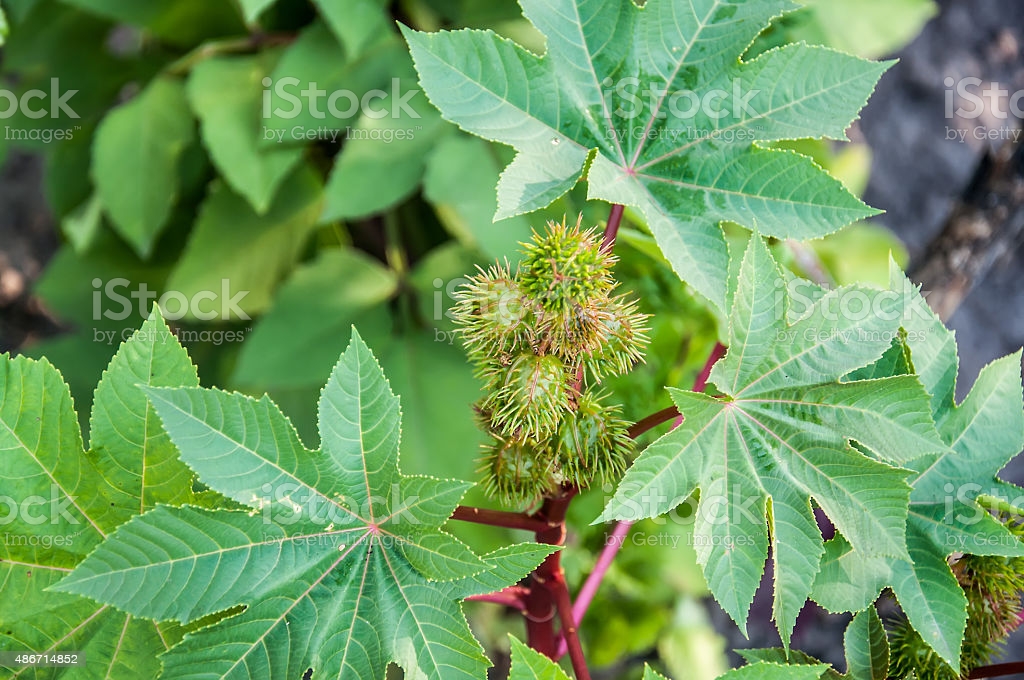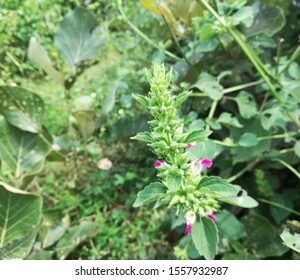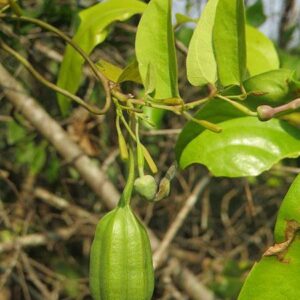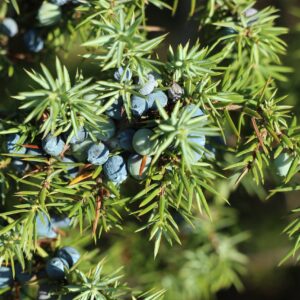Description
CASTOR OIL TREE (RICINUS COMMUNIS)
Ricinus communis, the castor bean or castor oil plant, is a species of perennial flowering plant in the spurge family, Euphorbiaceae. It is the sole species in the monotypic genus, Ricinus, and subtribe, Ricininae. The evolution of castor and its relation to other species are currently being studied using modern genetic tools. It reproduces with a mixed pollination system which favors selfing by geitonogamy but at the same time can be an out-crosser by anemophily (wind pollination) or entormophily (insect pollination)
Communis have been widely used in traditional medicine such as abdominal disorders, arthritis, backache, muscle aches, bilharziasis, chronic backache and sciatica, chronic headache, constipation, expulsion of placenta, gallbladder pain, period pain, menstrual cramps, rheumatism, sleeplessness, and insomnia.
Uses
Castor oil has many uses in medicine and other applications. An alcoholic extract of the leaf was shown, in laboratory rats, to protect the liver from damage from certain poisons. Methanolic extracts of the leaves of Ricinus communis were used in antimicrobial testing against eight pathogenic bacteria in rats and showed antimicrobial properties.







